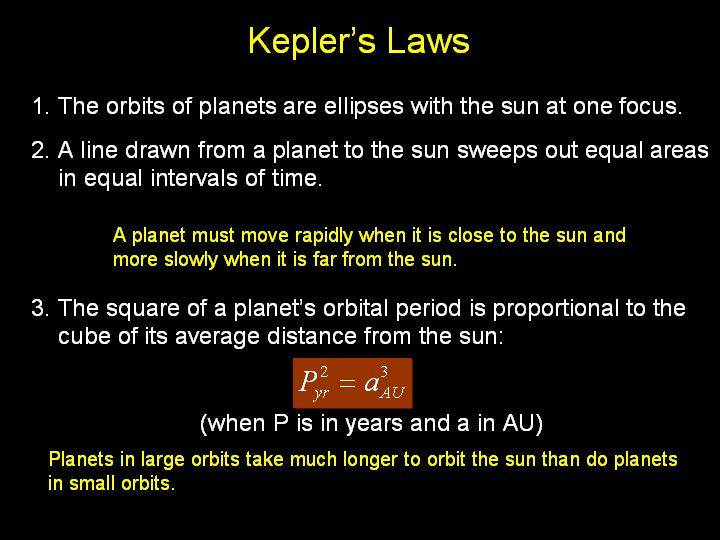
Discover always comes up with interesting articles. I’m sure there are others, but these 10 seem to top any list.
3rd Century BC – Eratosthenes measures the world.
1628 – William Harvey discovers blood circulation
1855-1863 – Gregor Mendel experiments with the fundamental rules of genetic inheritance
1665-1666- Isaac Newton on the nature of colors and light (thought it was going to be the apple thing?)
1887 – Michelson and Morley Whiff on the way light moves
1898 – Marie Curie defines radioactivity
1890s – 1900s – Ivan Paval on the discovery of conditioned reflexes
1909 – Robert Milikan determines the precise value of a single electron’s charge
1801 and 1927, respectively - Young, Davisson and Germer on the wavelike nature of light and electrons
1966 – Robert Paine on the disproportionate impact of keystone species on ecosystems
The details of each @ The Top 10 Science Experiments of All Time | DiscoverMagazine.com


